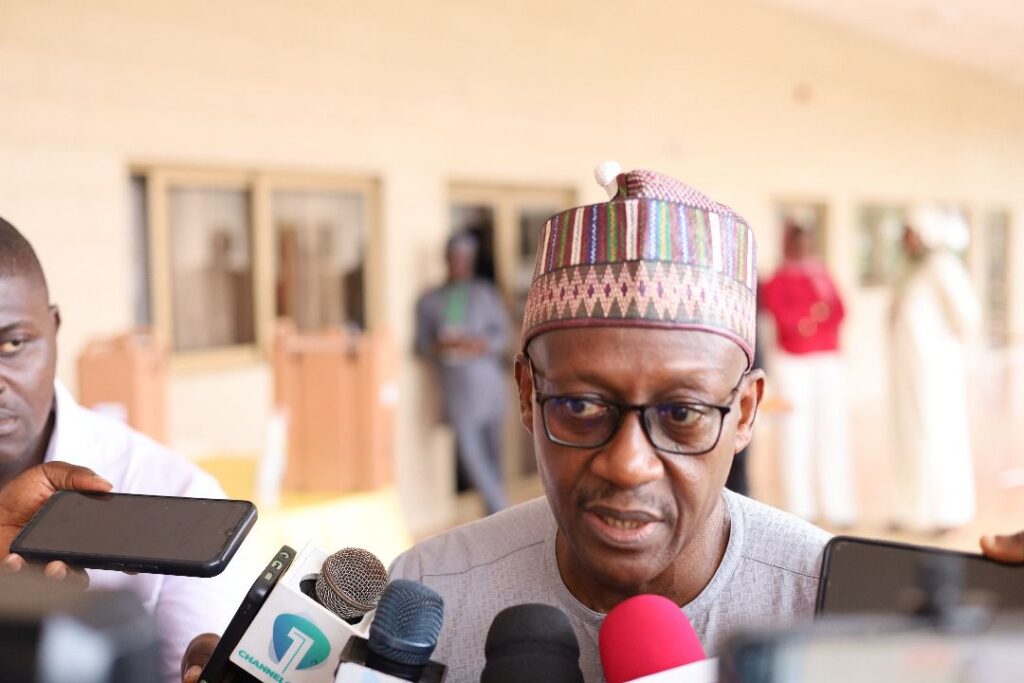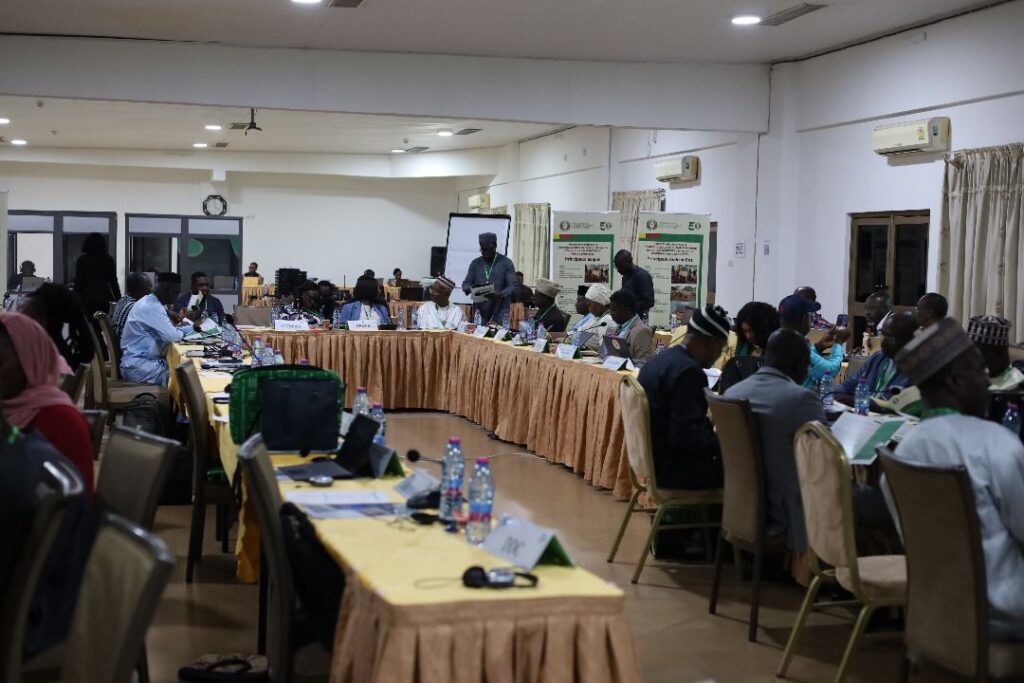West Africa and the Sahel: ECOWAS Launches LLivestock Marketing Support Program.( PACBAO).
By Raymond Enoch
In a renewed effort to strengthen regional integration and economic resilience, the Economic Community of West African States (ECOWAS) has officially launched Phase Two of the West Africa Livestock Marketing Support Programme (PACBAO), with technical and financial backing from the Swiss Development Cooperation. The unveiling took place on Tuesday, 9th September 2025, in Accra, Ghana, drawing key stakeholders from across the region’s livestock and red meat value chains.

The programme, now in its second phase, is designed to consolidate the successes of its initial rollout, and expand its impact across West Africa and the Sahel. With livestock farming representing a major livelihood for millions in the region—particularly women and youth—PACBAO Phase Two is expected to address systemic barriers hindering trade, market access, and cross-border mobility.
Ambassador Mohamed Lawan Gana, Resident Representative of the ECOWAS Commission in Ghana, described livestock as a critical pillar of economic activity in the Sahel and West Africa. He noted that the sector contributes significantly to regional GDP and directly employs nearly half of the population in many countries. Speaking during the launch workshop, Ambassador Gana emphasized ECOWAS’s commitment to inclusive development, citing strategic frameworks like ECOWAP (ECOWAS Agricultural Policy), CET (Common External Tariff), and ETLS (ECOWAS Trade Liberalisation Scheme) as foundational tools being leveraged to unlock the livestock sector’s full potential.

The new phase of PACBAO aims to create a more structured and stable regional market for livestock and red meat, enhancing policy coherence, investment in infrastructure, and public-private collaboration. It will also reinforce trade corridors and improve sanitary standards to meet regional and international market requirements.
Building on the groundwork laid in Phase One, this phase targets a broader geographic scope and deeper institutional engagement. It will further focus on integrating youth and women into value chains, strengthening producer organisations, and ensuring sustainability in livestock mobility across borders.
The launch in Accra signals ECOWAS’s readiness to push beyond rhetoric and deliver practical support for one of the region’s most vital economic sectors. As challenges ranging from climate pressures to market fragmentation persist, PACBAO Phase Two is being positioned as a transformative tool for regional trade, peacebuilding, and food security.
The coming months will determine the programme’s reach and effectiveness, but if successful, it could mark a significant step toward unlocking a future of shared prosperity in West Africa and the Sahel.








